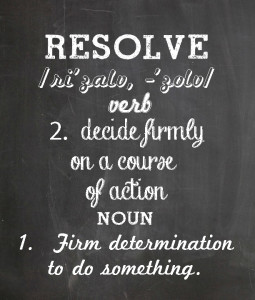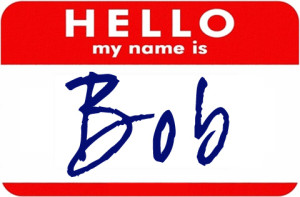 I do not remember the (military) draft. I was too young. As David Francis points out in his book, Countdown, he was one of the last of a generation who understood what it meant to be “Drafted” into service. To my generation, being drafted meant you were going to play a professional sport for a team you did not apply for, but you did the training and preparation to get you to a point where some team wanted you and you made yourself available for them to stake a claim on your services by drafting you on their team.
I do not remember the (military) draft. I was too young. As David Francis points out in his book, Countdown, he was one of the last of a generation who understood what it meant to be “Drafted” into service. To my generation, being drafted meant you were going to play a professional sport for a team you did not apply for, but you did the training and preparation to get you to a point where some team wanted you and you made yourself available for them to stake a claim on your services by drafting you on their team.
In Flake’s formula, the third part of the process is to “Enlist and Train Leaders”. In David and Rick’s reimagining of that formula into 5 “D” stages, they are calling this stage “Develop”. As existing leaders in Small Groups and Sunday Schools, it is our responsibility to be seeking people to pour into and develop as leaders from among those members of our groups. We are the best recruiters because we spend the most time with them. As we lead, we need to be intentional about providing leadership opportunities within our group and resist the temptation to do all the leading ourselves.
In my role on the State Missionary staff, I frequently have to miss leading my Sunday School class on Sunday mornings. If I did nothing to develop leaders from within my class, there would be no one to fill my teaching role when I go on the road to preach at a different church within my state. I have to be intentional to develop leaders from within my organization.
When the time comes to launch a new class, there already is a “draft pool” of potential workers that have been intentionally trained and enlisted to take on trial leadership responsibility and given the opportunities to have hands on experience leading a class or group within the safety of their own peers. These group leaders are developed in the context of existing small groups to be drafted into leadership of new Sunday School and Small Group units.
This system of developing and drafting new leaders works, but church leaders have to be intentional about putting it into practice and provide training opportunities for these future leaders on an ongoing basis. Look for ways to incorporate leadership development within the context of your Sunday School and Small Group organization. It will make a world of difference. Here are some ways you can develop leaders:
- Subscribe to Sunday School and Small Group Leader blogs (like this one)
- Encourage outside reading by class members and suggest books that develop leadership skills
- Visit com and seek training videos on leadership you can share with members
- Begin a Facebook Group for potential leaders and frequently share tips and articles you find interesting related to leadership development.
- Meet regularly during the week with members who show leadership potential over a meal or coffee breaks.
_______________
Jason McNair (@jason_mcnair) is the State Missionary for Strengthening Churches with the Utah Idaho Southern Baptist Convention. When he is not handing leadership over to one of his classmates, he leads a Median Adult Sunday School class at First Baptist Church of West Valley City, UT.



